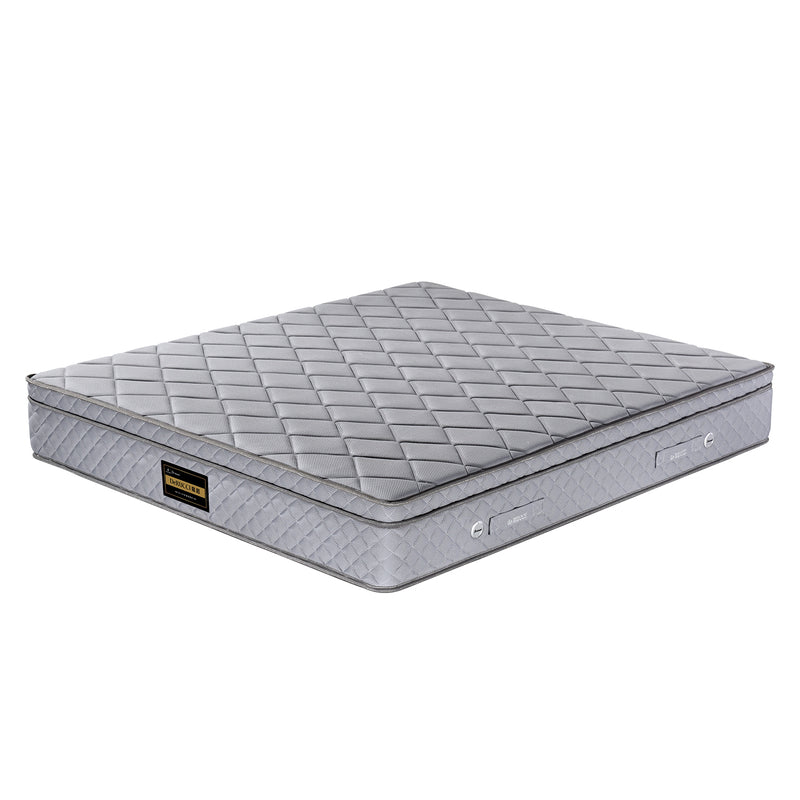In today's world, the importance of a good night's sleep cannot be overstated. For Janet Taylor professionals, who often work in environments where allergens are prevalent, finding the right hypoallergenic mattress is crucial. This guide aims to provide a deep understanding of hypoallergenic mattresses, helping you make an informed decision.

What is a Hypoallergenic Mattress?
A hypoallergenic mattress is designed to minimize the risk of allergic reactions. These mattresses are made from materials that resist dust mites, mold, and other common allergens. But what makes a mattress truly hypoallergenic?
"Hypoallergenic mattresses are crafted with materials that inhibit the growth of allergens, ensuring a healthier sleep environment."
Benefits of Hypoallergenic Mattresses
Choosing a hypoallergenic mattress offers several benefits:
- Reduced Allergens: These mattresses are designed to resist dust mites, mold, and other allergens.
- Improved Sleep Quality: By reducing allergens, you can enjoy a more restful sleep.
- Durability: Hypoallergenic materials often last longer, providing better value for money.
Materials Used in Hypoallergenic Mattresses
When selecting a hypoallergenic mattress, it's essential to consider the materials used. Common materials include:
- Memory Foam: Known for its comfort and support, memory foam is also resistant to dust mites.
- Latex: Natural latex is inherently hypoallergenic and resistant to mold and dust mites.
- Organic Cotton: Organic cotton covers are free from harmful chemicals and provide a breathable surface.
Top Hypoallergenic Mattresses on the Market
Several brands offer high-quality hypoallergenic mattresses. Here are a few top picks:
- Brand A: Known for its eco-friendly materials and excellent support.

- Brand B: Offers a range of hypoallergenic options with advanced cooling technology.

How to Choose the Best Hypoallergenic Mattress
When choosing a hypoallergenic mattress, consider the following factors:
- Material: Ensure the mattress is made from hypoallergenic materials like memory foam or latex.
- Firmness: Choose a firmness level that suits your sleeping position and comfort preferences.
- Certifications: Look for certifications that guarantee the mattress is free from harmful chemicals.
Conclusion
Finding the best hypoallergenic mattress for Janet Taylor professionals involves understanding the materials, benefits, and top brands available. By considering these factors, you can ensure a healthier and more restful sleep environment.
For more information, check out this comprehensive guide on hypoallergenic mattresses.



